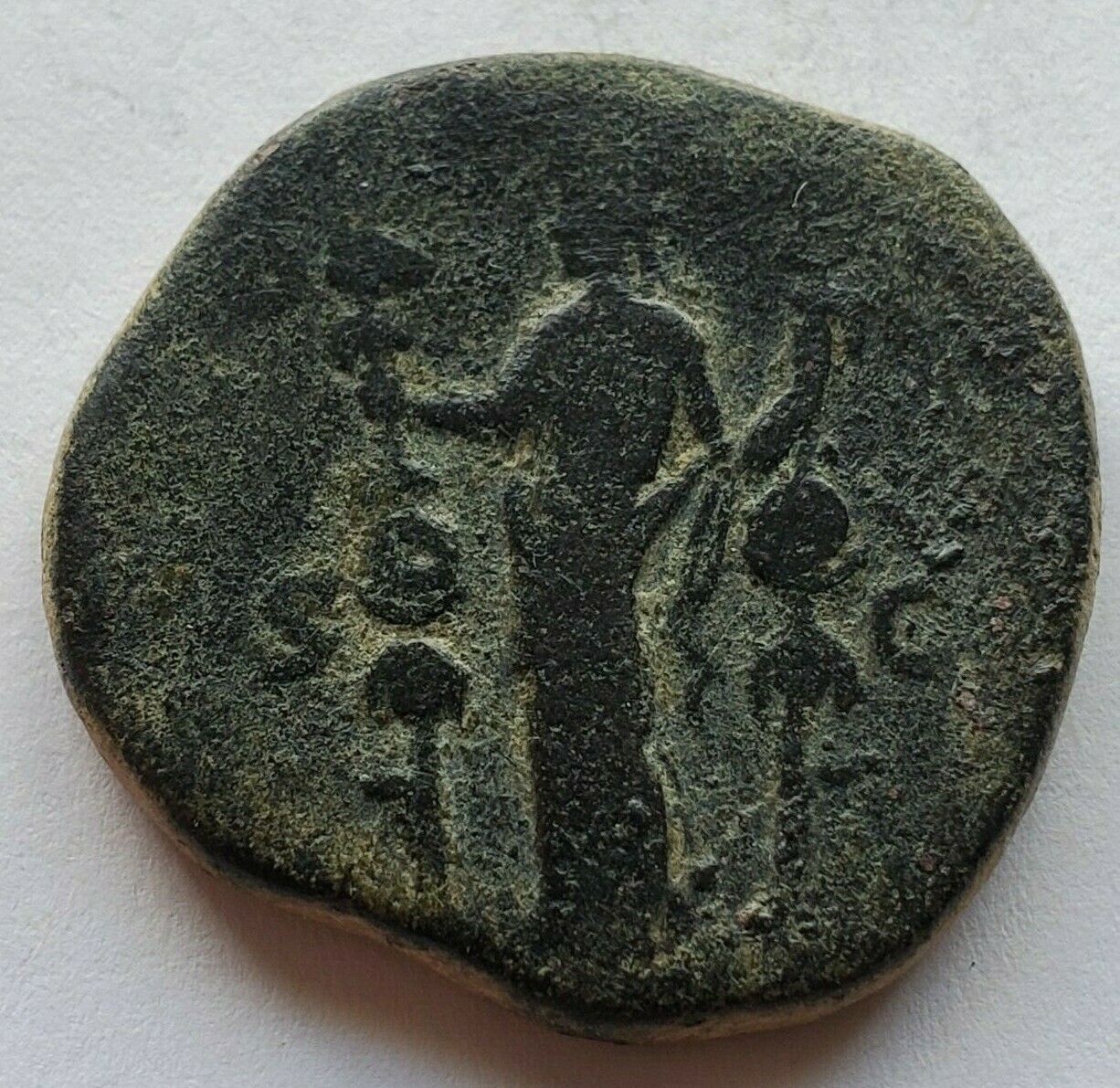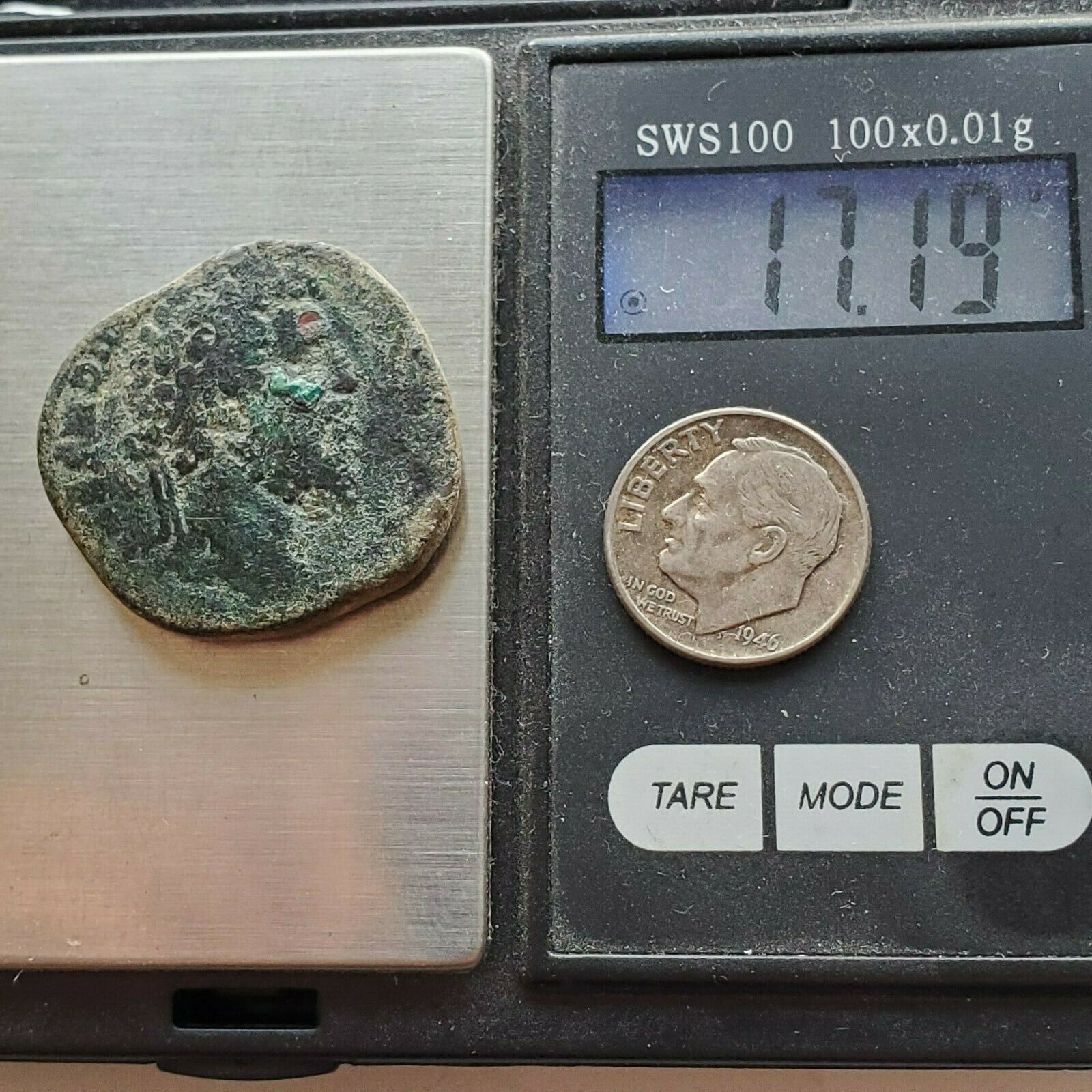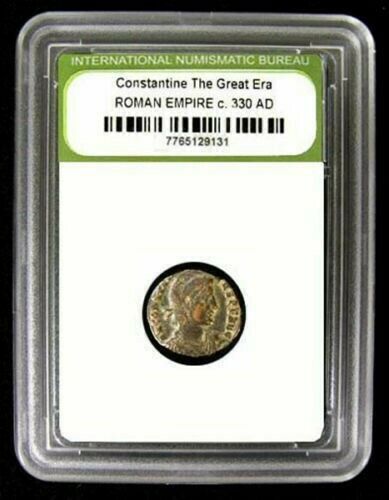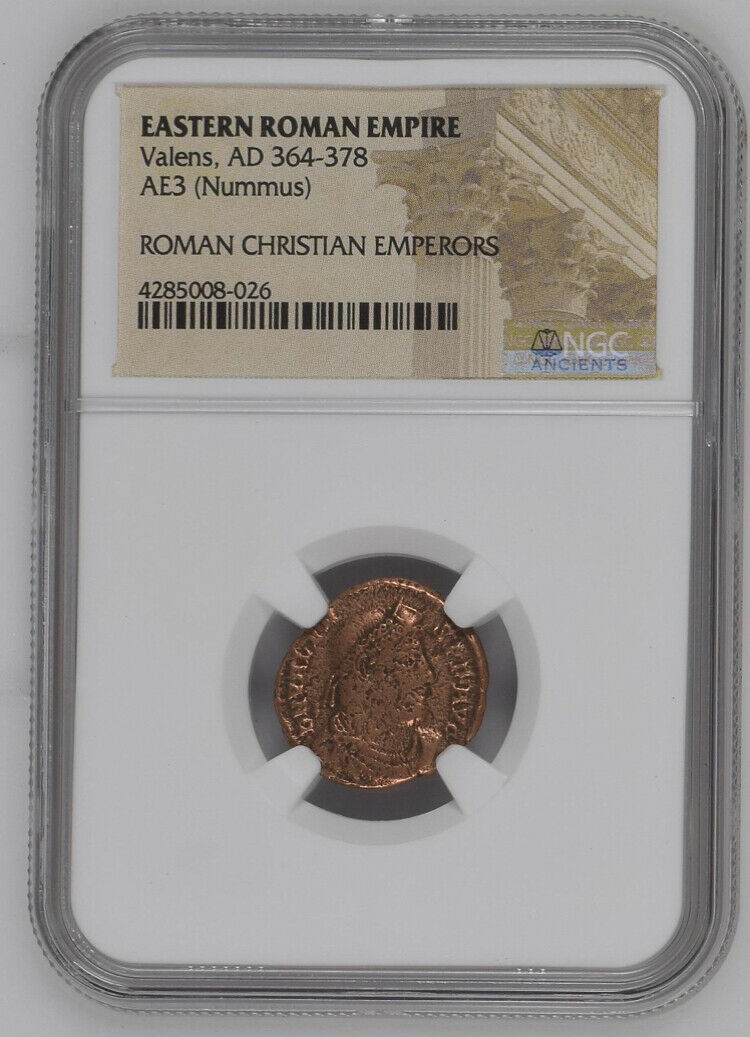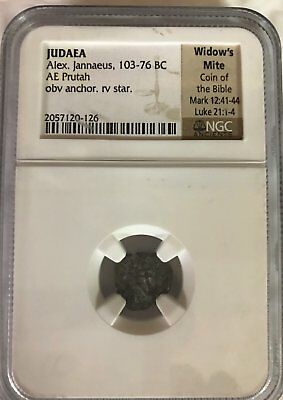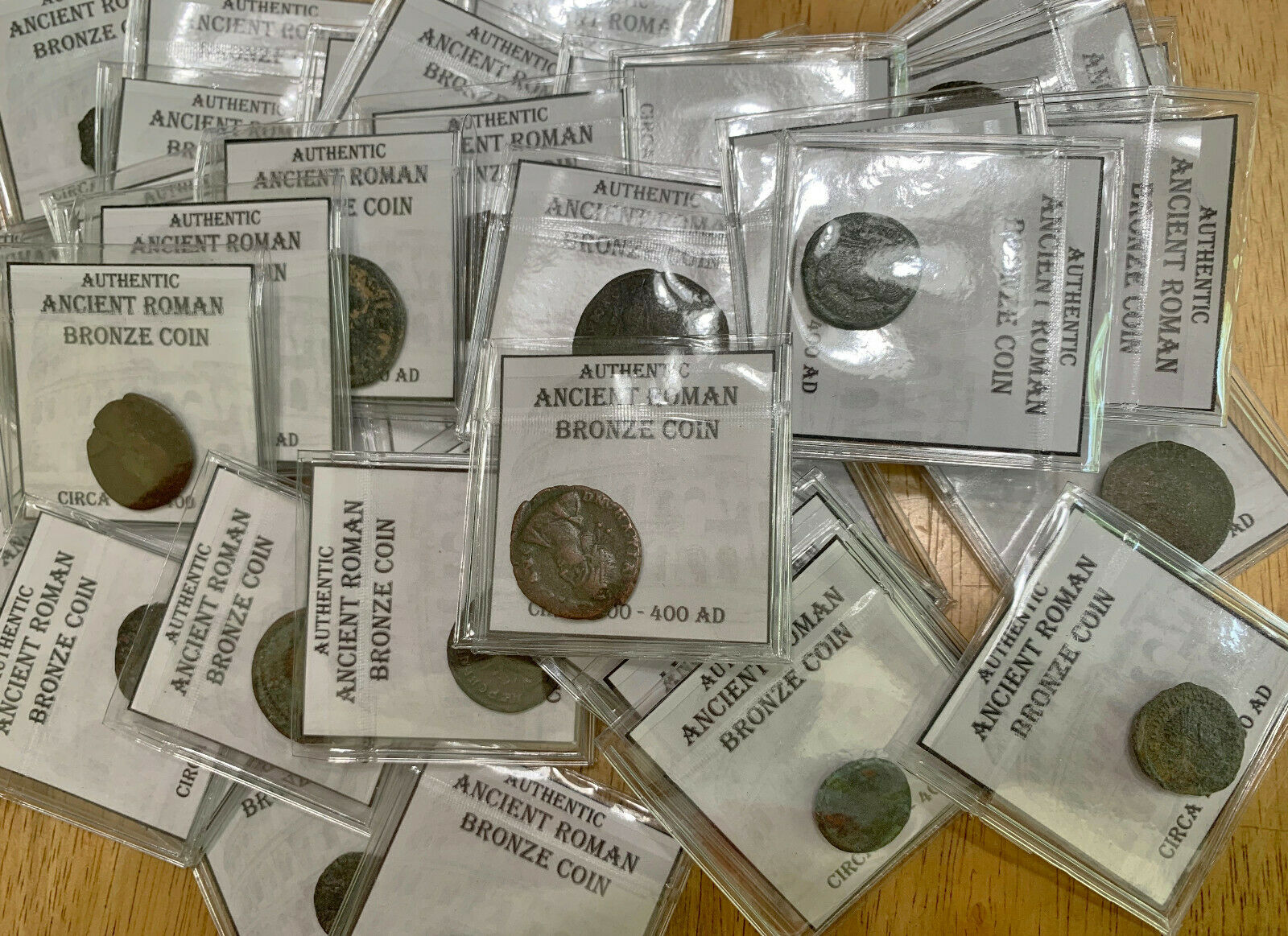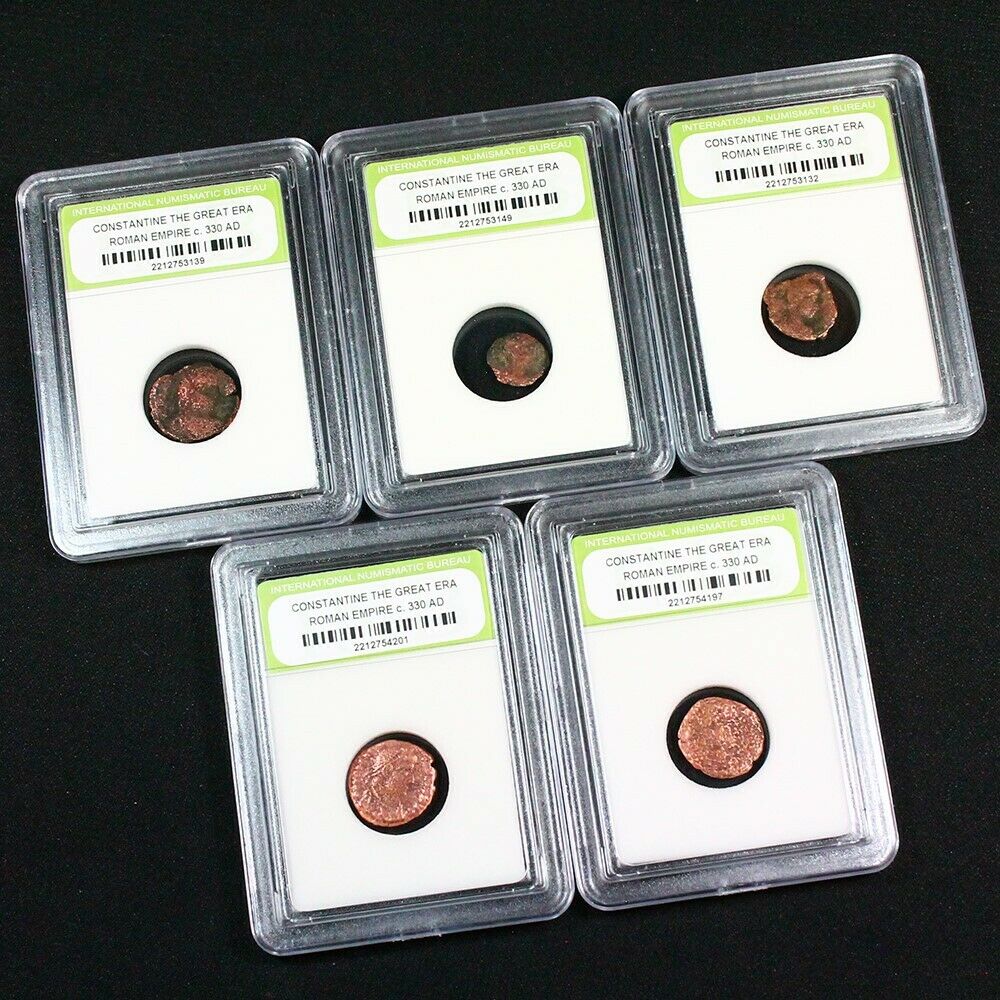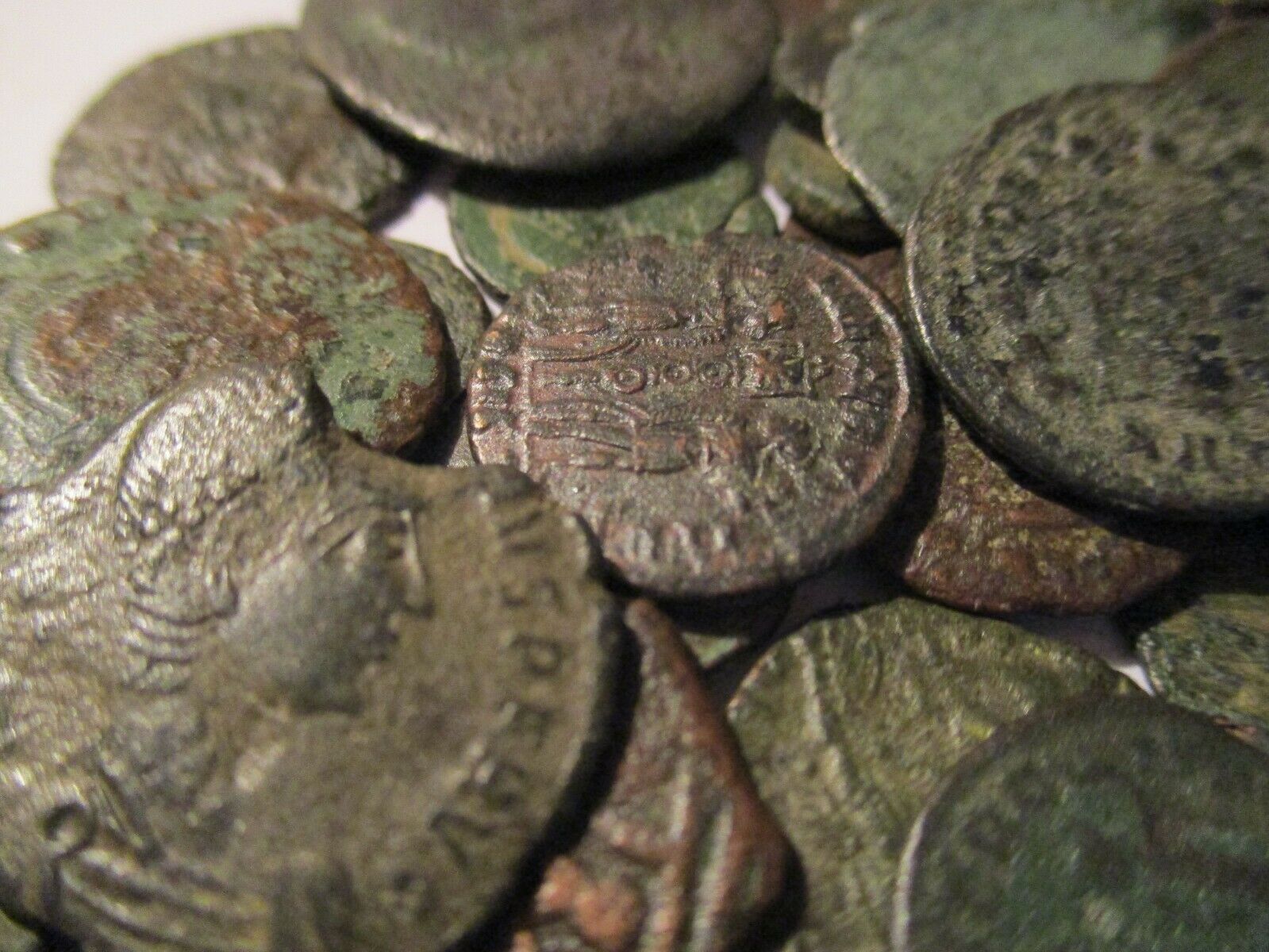-40%
RRR! AE Sestertius of DIDIUS JULIANUS, Concordia, Ruled 66 days!
$ 137.28
- Description
- Size Guide
Description
Roman ImperialDidius Julianus, 28 March - 2 June 193
AE Sestertius
Obv: IMP CAES M DID SEVER IVLIAN AVG, Laureate head right
Rev: CONCORD MILIT, Concordia standing left, between two standards
Born in 133 to an illustrious and old Patrician family, Didius Julianus fast-tracked his way to prominence when his family sent him to live with and study under Domitia Lucilla, the biological mother of Marcus Aurelius. He entered politics at an early age, and distinguished himself at the head of a legion in Mogontiacum against a barbarian invasion in 167, and was granted the governorship of that province, and then Africa. He served as consul in 175 alongside Pertinax. He fell from grace with Commodus (reportedly for attempting to stir up trouble) and was exiled to Mediolanum for a time, but later acquitted of all charges. He was in Rome attending a banquet on 28 March 193 when emperor Pertinax was murdered by his disaffected Praetorian guard. He received word that the now leaderless Praetorians were holding a public auction, promising to bestow the Principate on the highest bidder. Urged on by his wife, he ran at once to the gates of the Praetorian camp, and, despite being denied entry, began to shout loudly his bids, seeking to outbid Sulpicianus, the father in law of Pertinax. He ultimately won the nomination after promising every soldier in the Praetorian guard an exorbitant sum of 25,000 sesterces. The Praetorians hailed him as Imperator, and marched with him on the Senate, where he gave a speech and was ratified by the fearful senators, including the historian Cassius Dio.
While fear kept the Senators in line, the populace was not afraid to voice their displeasure, openly shouting insults at Julianus whenever he appeared in public. A riot broke out and the common citizens of Rome armed themselves and gathered in the Circus Maximus, where they invoked the gods to send Pescennius Niger to liberate them from Julianus. After a day they dispersed, but their sentiment remained bitter. Word of the accession quickly spread throughout the provinces, and three men were declared emperor simultaneously - Septimius Severus, Clodius Albinus, and Pescennius Niger. Severus was the closest to Rome and in the best position to strike, so, reaching a peace treaty with Albinus, began his march. Hearing of this, Julianus attempted to send spies to stir up rebellion from within Severus' legions and assassins to kill him, but all of his agents defected. Julianus began to fortify his position within Rome, recalling all the soldiers he could muster and began drilling the Praetorians, who, to his shock and disgust, were so pampered under Commodus that they did not even know how to drill. The public drew great entertainment watching the hopeless guard, whose war-elephants refused to follow commands and threw off their riders. As Severus entered Italy without resistance, Didius Julianus in desperation begged first to share the Principate, and then to be allowed to abdicate. Severus promised amnesty to the bulk of the Praetorian guard if they surrendered the murderers of Pertinax, and Julianus himself, and was welcomed into Rome unopposed. On June 1 the Senate declared Julianus a public enemy, and members of the Praetorian arrived in the palace to put him to death. His only words were, "But what evil have I done? Whom have I killed?" He was beheaded on the spot, and his body later given to his wife and daughter. Julianus was 60 years old, and had reigned only 66 days, the shortest confirmed reign of any "true" Roman emperor.

